Pre-Operative Medication for Vein Treatment
As a provider at IVC I commonly get the question “should I take Valium for my procedure?” I hope this will provide a little more information on what Valium is and how it can be used most effectively. During consultation with the patient the nurse practitioner/physician assistant will give you the option of getting a prescription for Valium if you will be returning to clinic for an ablation, sclerotherapy, or ambulatory phlebectomy. We offer 1 – 10 mg tablet per procedure to be taken orally 1 hour prior to procedure with instructions of having someone to drive you to the clinic before your procedure and to drive you home after your procedure is finished.
What is Valium?
Valium belongs to a class of drugs called benzodiazepines. The generic name for Valium is diazepam. Valium is specifically used in our clinic to help reduce the anxiety a patient may have prior to/during treatment. Valium has a half-life of 30-60 hours, though most patients feel the medication wearing off after 6-8 hours as it is prescribed as a small single dose. We prescribe valium to be taken orally as a single 10 mg tablet, though it can be dosed as low at 2 mg. The maximum daily dose that can be taken is 40mg per day (this should not be taken in a single dose). Valium specifically works by inhibiting neurotransmitters, this causes skeletal muscle relaxation, hypnosis, and sedation. The most common side effects of taking valium are drowsiness, dizziness, and muscle weakness. We ask all nursing mothers to pump and dump breastmilk for 24 hours after taking the tablet.
Should I take Valium for my procedure?
In general most patients take Valium. This is a personal decision, though if you are the type of person that has anxiety and stress over treatment then Valium would be a good option for you to have a more pleasant experience during treatment. If you have any questions about your specific situation feel free to discuss this with your primary care provider or with your provider at IVC.


